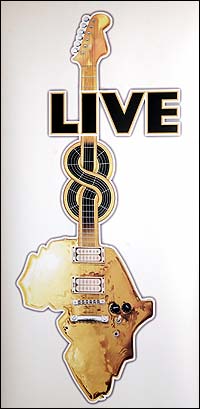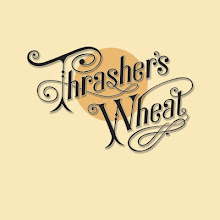The State of Rock Music Criticism
There's been some interesting commentary lately on Pitchforkmedia.com about rock music criticism being word centric rather than music centric. Well, given that writers write rather than play music that's probably understandly obvious.
From Useful Noise:
"And those critics who are best at describing music have found a way to twist the language around the sounds they hear so they don't have to rely upon the terminology of music theory. Bad writers (or good writers on a tight deadline) lean on all-but-meaningless tags like 'funky keyboard riff' or 'Beatlesesque' (which usually, depressingly enough, means 'catchy in a whitebread sort of way' and doesn't narrow things down much at all.) The very worst music writers recycle descriptors like 'fluid pedal steel' or 'piercing vocals' so regularly the phrases take on the feel of Homeric epithets. But the best pop criticism advances pleasure as an epistemological value in itself--if the surface of the language isn't entertaining, then what's underneath, no matter how erudite, is somehow less true."
From clap clap blog:
"Music criticism that ignores the music is just literary criticism, and literary criticism of pop lyrics is just no good. Trust me on this one, kids. Sure, some pull it off well (I'm a big fan of Meltzer's stuff, which is basically really good literary criticism) but you can't have a whole profession-slash-genre based on that. Rock crit as we know it wouldn't even be possible without the development of semiotics and cultural criticism, which has allowed us to talk about the context and 'message' of a song instead of its actual content. And this is OK--it's produced some awesome stuff--but people have been analyzing music for thousands of years without the benefit of cultural analysis, and so it's weird now that people are analyzing music without the benefit of musical analysis, you know? There seemed to be some effort at doing so when people first started taking pop seriously, like with that famous Beatles review talking about the modalities of their vocal harmonies, but that was quickly subsumed to the more vital, and more rockin', criticism of Bangs-Christgau-Marcus. "












 Four Dead in Ohio
Four Dead in Ohio










![[EFC Blue Ribbon - Free Speech Online]](http://www.efc.ca/images/efcfreet.gif)


<< Home